UNI NOVA – Research Magazine of the University of Basel
-
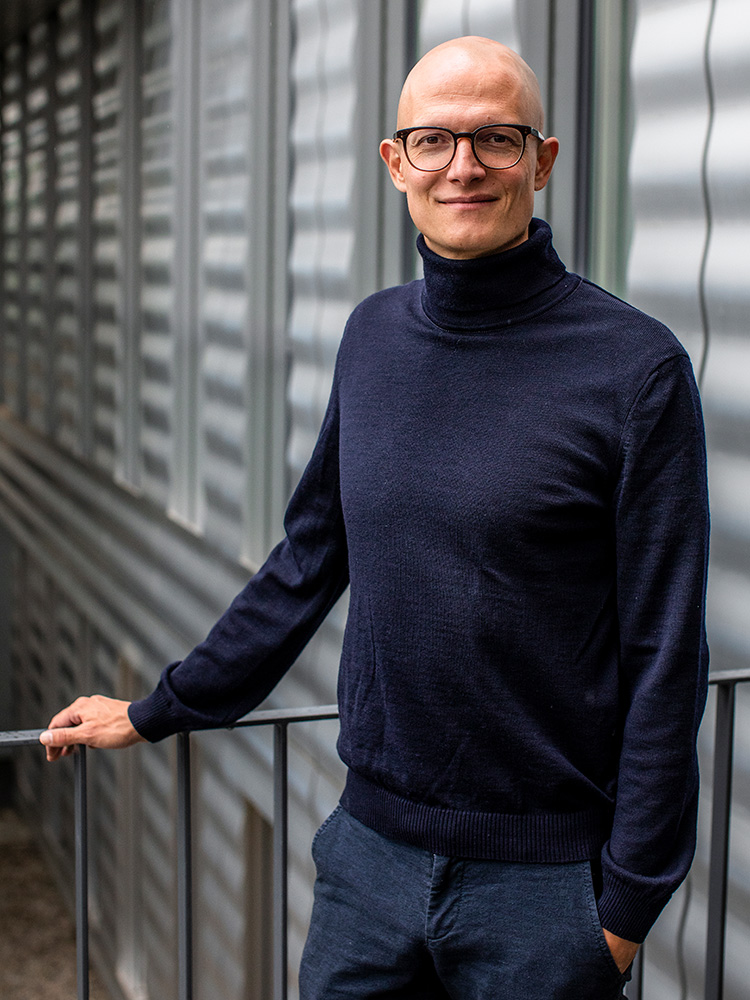 Research
ResearchDemocracy in the digital age.
Text: Christian R. Ulbrich, legal scholar* / Christian R. Ulbrich combines his interest in computer technology with jurisprudence and examines the question of how digitalization influences political power relations.
-
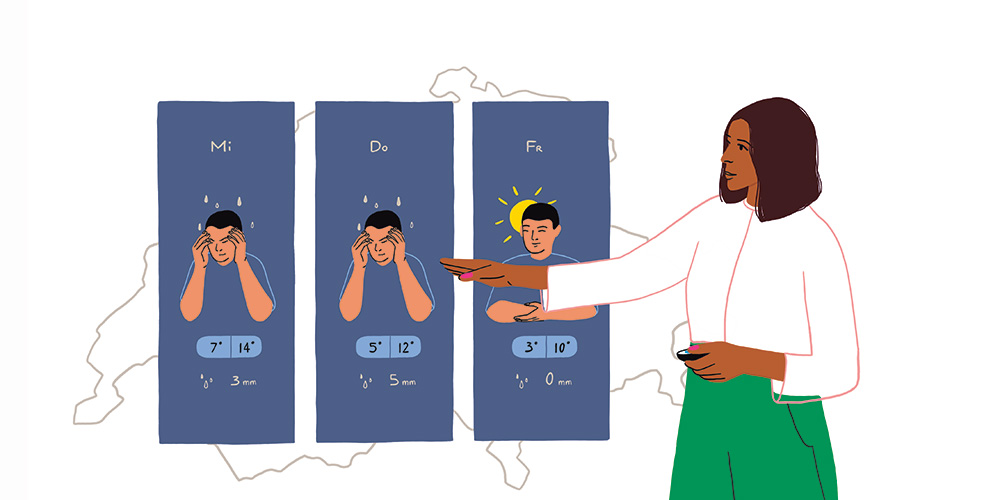 Research
ResearchIs there such a thing as “migraine weather”?
Text: Athina Papadopoulou and Marcus D'Souza / Those plagued by headaches know it well. Yet, the medical literature does not have a consensus on the connection between weather and migraines. An overview.
-
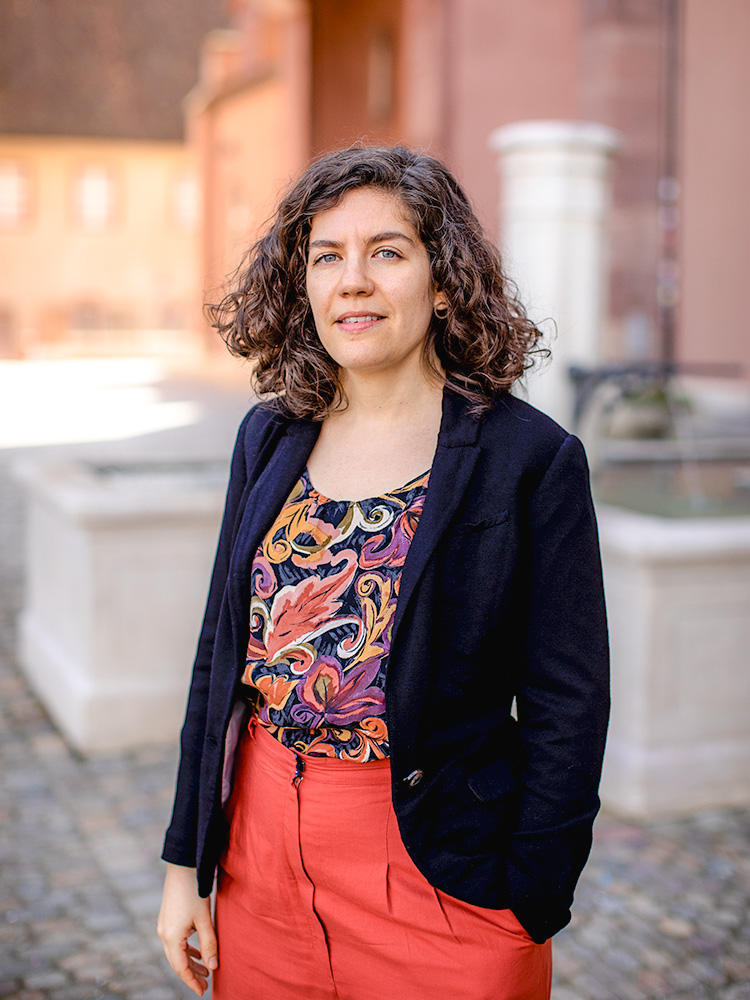 In conversation
In conversation“Peace is a controversial term these days.”
Interview: Urs Hafner / Our world is again becoming dominated by war. It is especially during the hottest phases of conflicts that well-informed, level-headed discourse is most crucial, says Dana Landau of swisspeace.
-
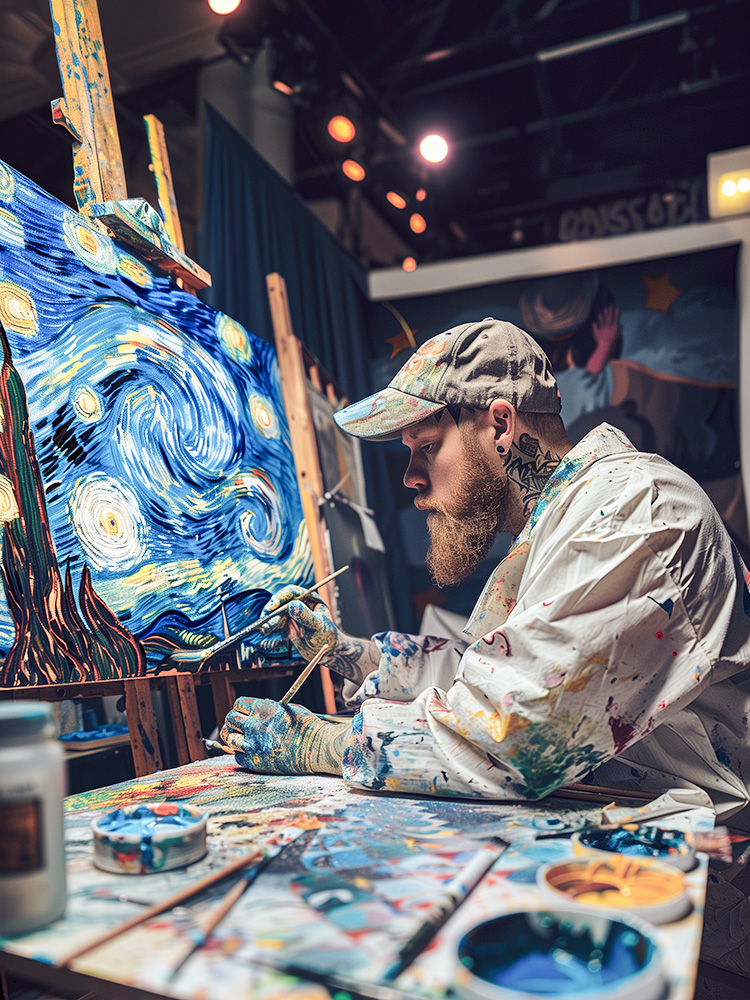 Dossier
DossierThe art of deception.
Text: Christoph Dieffenbacher / Many museums and collections have forged artworks hanging on their walls. Accomplished copies can sell for millions and even impact art historians.
-
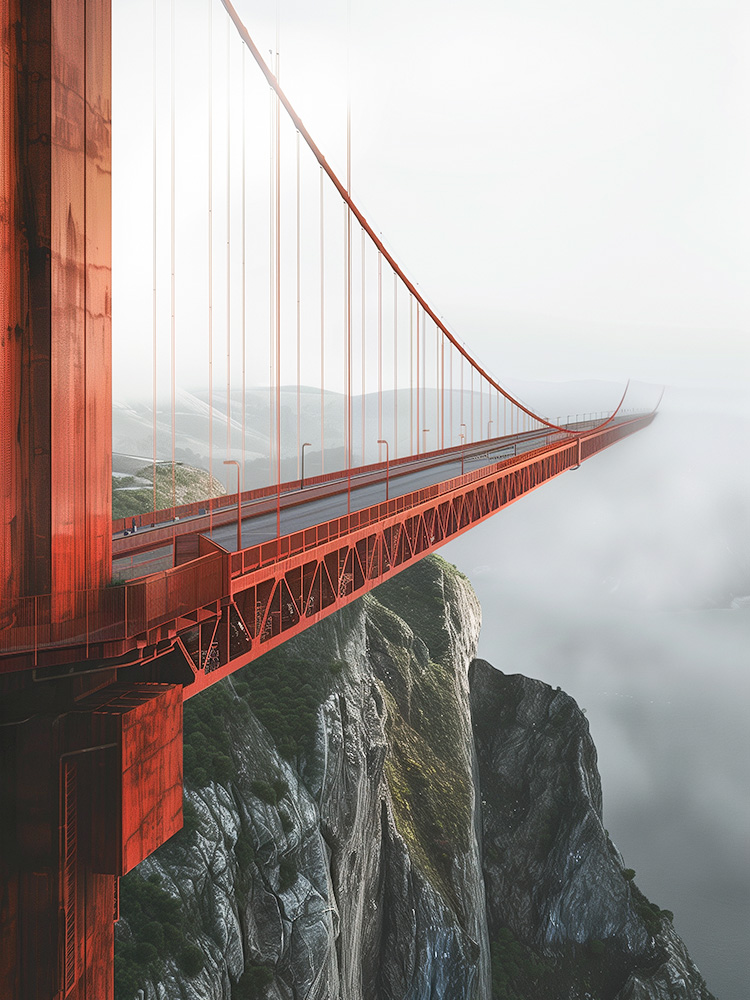 Dossier
DossierA half-truth is often believed.
Interview: Noëmi Kern / Literary scholar Nicola Gess studies narratives that may sound convincing but are only partially true. In times of crises, these half-truths tend to thrive.
-
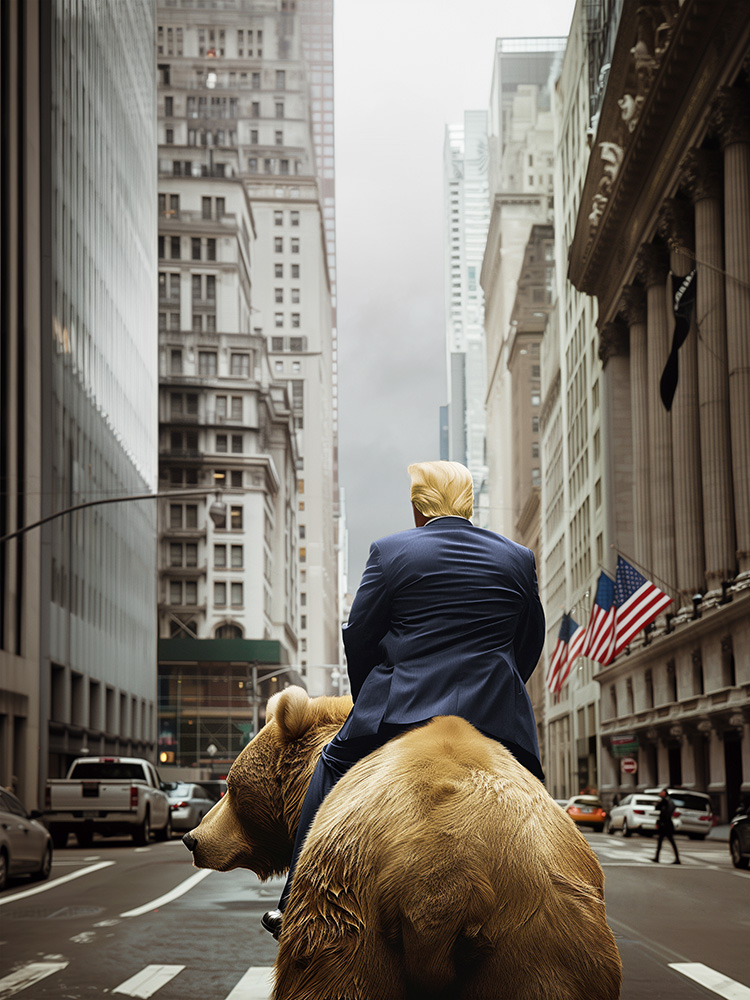 Dossier
DossierStaging is just part of the game.
Text: Harun Maye / The media have a significant impact on all election campaigns and distort reality. Media Studies scholar Harun Maye sees no harm in this.
-
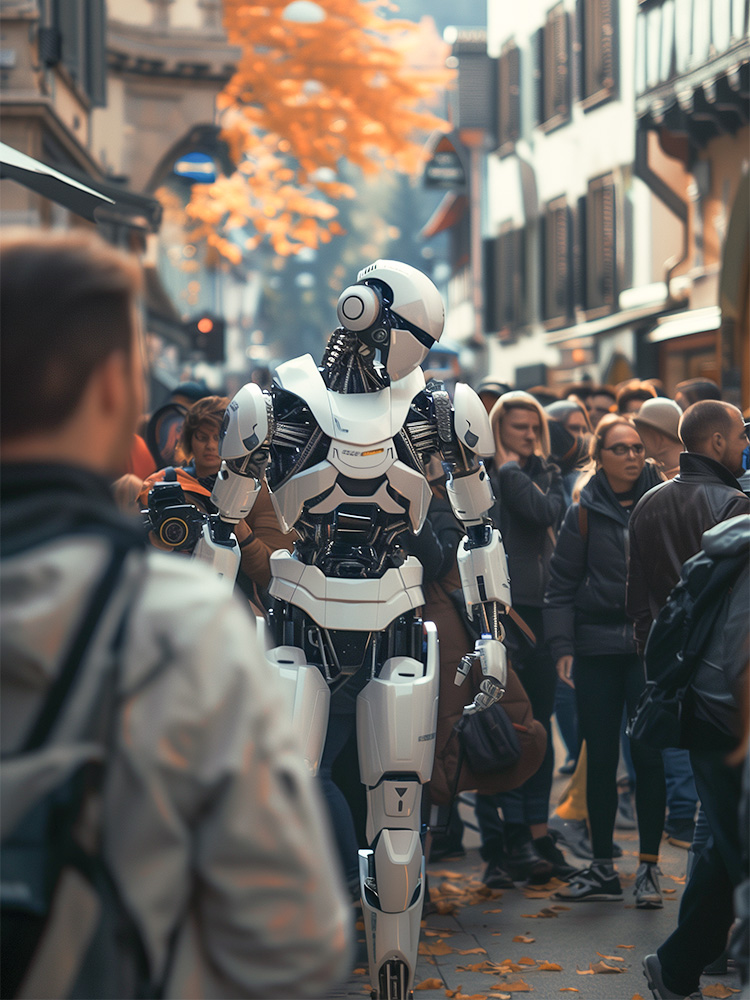 Dossier
DossierTestimony of a machine.
Text: Angelika Jacobs / Smart software constantly monitors us and provides key evidence in court cases. But does it always tell the truth? This is a question the justice system now faces with increasing regularity.
-
 Dossier
DossierNot all that bad?
Text: Samuel Schlaefli / Targeted disinformation downplays the risks of climate change. Large sections of society are affected by the allure of absolution that such lies offer.
-
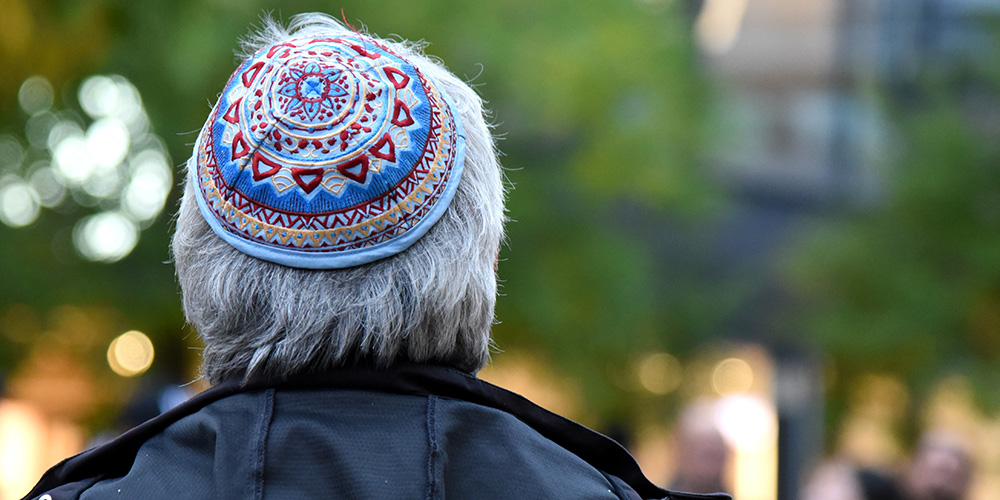 Dossier
DossierDefamed and excluded.
Interview: Noëmi Kern / For centuries, “the Jews” have been held responsible for all manner of disaster. Where do these accusations come from? And how can we tackle antisemitism? A conversation with historian Erik Petry.
